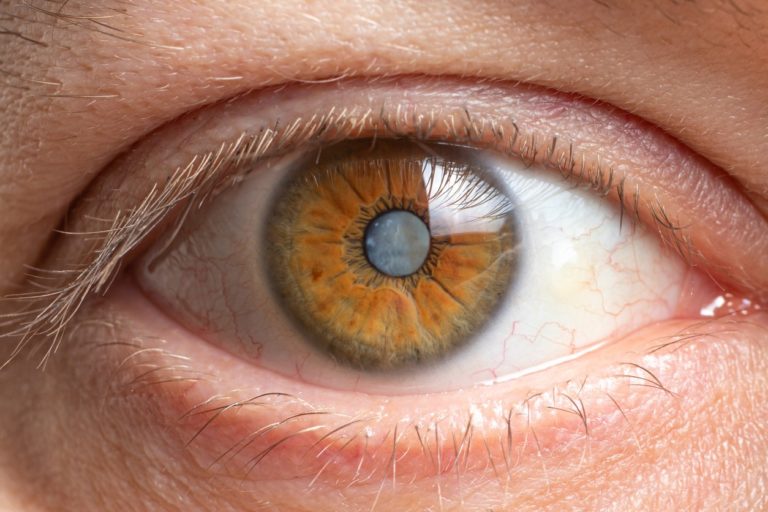Cataract
Cataracts are a common eye condition characterized by the clouding of the eye's natural lens, leading to blurred vision. This cloudiness can gradually impair vision, making daily activities like reading, driving, or recognizing faces challenging. While cataracts often develop slowly and may not initially interfere with vision, they can worsen over time if left untreated.

Symptoms
- Blurred, cloudy, or dim vision
- Sensitivity to light and glare, especially at night
- Difficulty seeing at night
- Seeing "halos" around lights
- Fading or yellowing of colors
- Double vision in a single eye
Causes
Cataracts primarily develop due to aging, but several other factors can contribute to their formation, including:
- Age : The natural aging process causes protein buildup in the eye's lens, leading to cloudiness.
- UV Radiation : Prolonged exposure to ultraviolet (UV) radiation from sunlight increases the risk of cataracts.
- Smoking : Tobacco smoke contains toxins that can accelerate cataract formation.
- Medical Conditions : Diabetes, hypertension, obesity, and certain medications can promote cataract development.
- Trauma or Injury : Eye injuries or surgeries can trigger cataracts.
- Genetics : Family history may play a role in predisposing individuals to cataracts.
While you can't prevent aging or alter your genetics, you can reduce your risk of developing cataracts by wearing sunglasses with UV protection, quitting smoking, maintaining a healthy diet rich in antioxidants, managing medical conditions like diabetes and hypertension, and attending regular eye exams.
If you experience any of the symptoms mentioned earlier, it's crucial to consult an eye care professional for a comprehensive eye examination. They can diagnose cataracts through a series of tests, including visual acuity tests, pupil dilation, and tonometry.
Yes, cataracts can be treated effectively with surgery. During cataract surgery, the cloudy lens is removed and replaced with an artificial intraocular lens (IOL). This outpatient procedure is safe and highly successful, restoring clear vision for the majority of patients.
Cataract surgery is considered one of the safest and most commonly performed surgical procedures worldwide. Complications are rare, and modern advancements have significantly reduced associated risks. However, like any surgery, there are potential risks, which your ophthalmologist will discuss with you before the procedure.